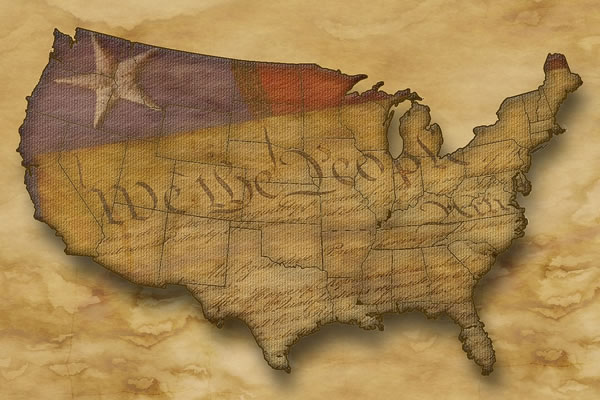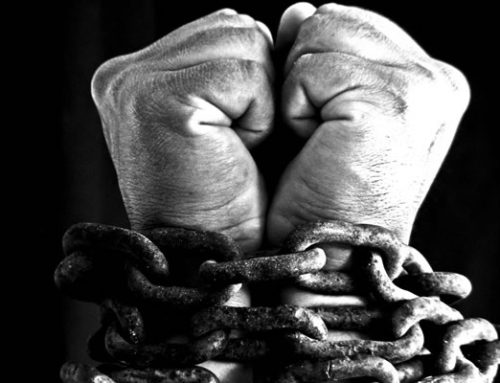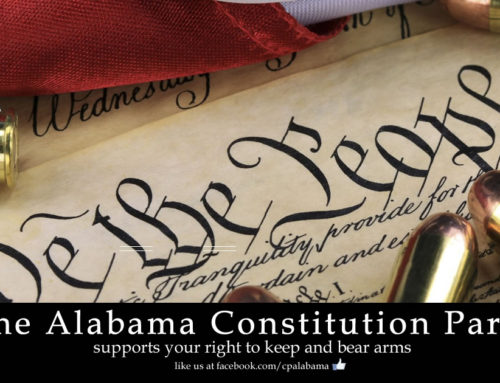Recently, I was asked to share my thoughts as to whether law, ethics, and moral beliefs always align and how it relates in today’s political environment. In short, yes I believe law, ethics, and moral beliefs always align. First, let’s take a 30,000 foot view of how ethics and morals may be used in everyday life separate from any political, government, or legal scope. For dog owners, when that four legged creature scratches at the door to be let outside, do you immediately drop current activity and let him/her out, or do you decide to make fluffy pants wait for any length of time, increasing discomfort with each passing moment? When the alarm clock rings each morning, do you rise out of bed to start the day or do you hit the snooze button? If you hit snooze button, how does this decision impact your day or even your mate sleeping aside now interrupted from sleep once or twice? If you choose to arise immediately, that also impacts your day and either decision was a moral choice based on some value system. These decisions, even at the most basic level, are built on the value system by which we live by. In the first century B.C., Cicero termed it natural law.
Stepping into the realm of legal, politics, moral, and ethical beliefs, the law of our land is based on the US Constitution. The founding fathers of our nation recognized and studied Cicero’s definition of natural law as the foundation for moral structure and the parameters that the US Constitution were based upon. Natural law, as Cicero cited throughout his writings, “…was nothing more nor less than recognizing and identifying the rules of “right conduct” with the laws of the Supreme Creator of the universe” (Skousen, 39).
Utilizing principles of Cicero and like-minded writers that followed in later centuries, the founding fathers who developed the basis for our modern day legal system established it on the moral beliefs that can be defined as right conduct and public virtue. By what other measure would law of the land and decisions there within be based on? If not based on some moral and ethical belief system (whatever that may be), is law and legal enforcement even possible? Benjamin Franklin, Samuel Adams, John Adams, and Thomas Jefferson all recognized this key component of a functional society. They even went so far as to study all major religions of the world, noting five common themes: 1) Each recognized a Creator 2) A moral code of right and wrong conduct existed 3) A responsibility that a Creator holds mankind accountable within that moral code of conduct was evident 4) Mankind lives beyond current life, and 5) There is judgement for current conduct in that future life. (Skousen, 78-79)
Therefore, whether we come from faiths of Buddhism, Christianity, Hinduism, Islam, Judaism or others, there is a moral code of conduct that we find common ground on in our discussion of law, ethics, and morality that the US Constitution was built upon.
Cicero’s writings centuries ago still ring true today both within our legal structure and moral convictions based on natural law. This natural law refers to something unwritten, something in common, and something greater than ourselves. These set of natural laws contribute to any opinion that we as individuals may have on any topic in the news concerning legal and political current events.
Even though we can find common ground, many readers may not agree that law, ethics and morality always align. Ethics may at times seem to contradict laws based on an action required because of that is contrary to moral belief. The legal loop holes and undefined rules that, say some company or industry use to their advantage, could be one example in taking this position that law, ethics and morality are sometimes mis-aligned. I presume we could all likely agree that the medical and insurance industry could be one such example.
When the code of right and wrong (natural law) is deviated from by a few that hold power of special interests, the door is opened by root of the statute written to take unethical advantage of the situation. In other words, maybe it is possible that these legal loop holes were intended to benefit a group of companies or industry, like in our example of the medical and insurance business, when a bill was written. If so, this unethical decision by law makers to write and adopt such a law aligns with the unethical practice carried out as a result of the enabling legal loop holes. If these legal loop holes were closed during development of the law, then ethical practices would be encouraged / aligned, and ethical penalties for unethical behavior would be levied. In other words, if our law makers pass statutes that invite unethical practices, the law, ethics, and morality align negatively.
Referring back to our nation’s founders, the five principles of morality that were discovered as common themes across many cultures and then used as the foundation in establishment of our original structure should be an example of how we embrace a culturally diverse community, encourage the expression of differing opinions, and acknowledge the common themes of differing religions as it pertains to natural law and how it can serve to improve relationships between those of different groups. Since the origin of the US Constitution, our law makers (Congress) have allowed subjects of the day and in many cases special interests influence decisions in order to win the next election. As a result, federal law has crossed the boundaries of original intent of the Constitution, and unethical decisions to make laws due to special interests now align with the moral decay of our nation’s ethical consciousness. If ethics are not held with highest standards at the top, then changing laws will begin to reflect that, and the moral structure of the organization beneath will decay accordingly, again negatively aligning law, morality and ethics.
The Constitution Party’s objective is to apply these principles over politics. If we desire integrity in the leadership of our nation and states, we must first start within our local communities.
Here in Alabama, a one party system is the norm in many counties. Within this system, conservatives and liberals alike can hide under the umbrella of the culturally accepted party of that county. Without the variety of choices for the voters, diversity of opinion is muted, and there is no priority given for real conversation on topics that matter to the people. So, looking into the future, we instead invite you to consider a new principled choice, the Alabama Constitution Party, where we see a future of leaders seeking integrity in decision, liberty for all, and prosperity for the next generation.
Reference:
Skousen, W. Cleon. The 5000 Year Leap: A Miracle That Changed the World. National Center for Constitutional Studies, 2007.



